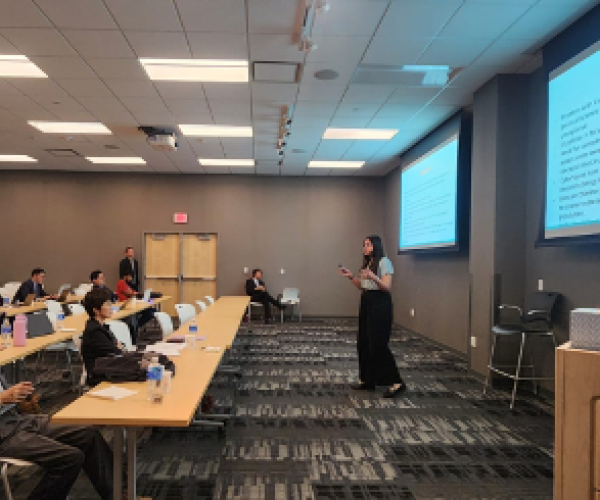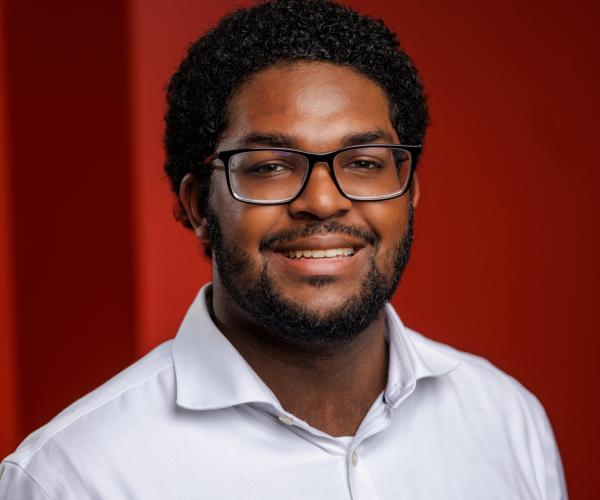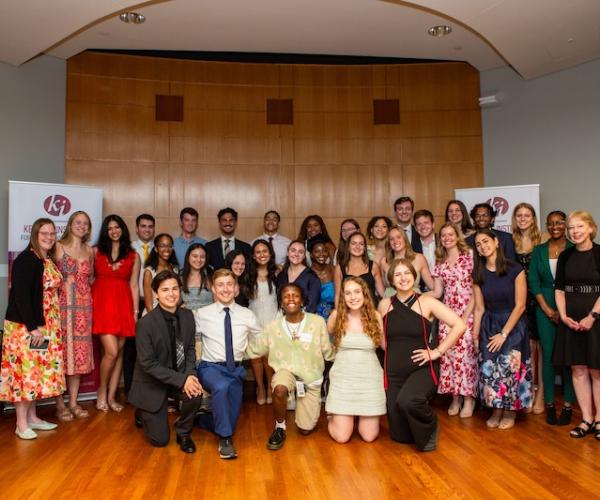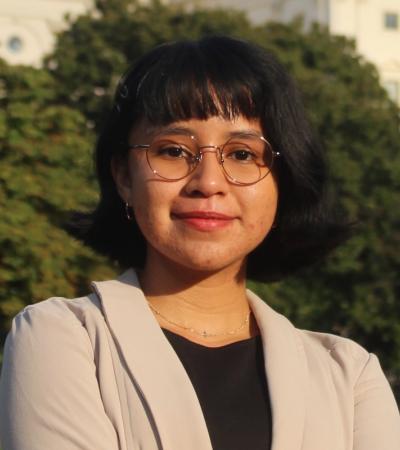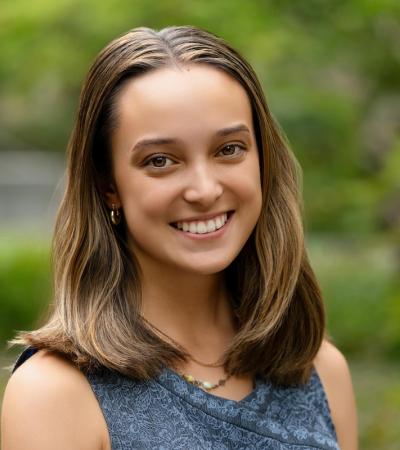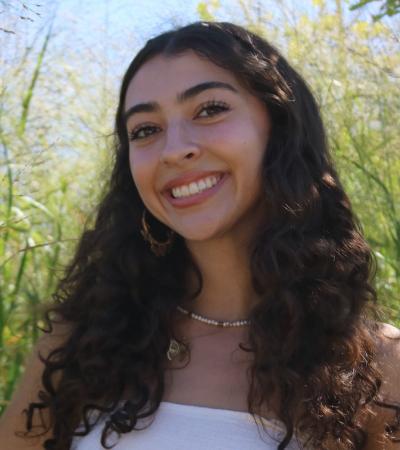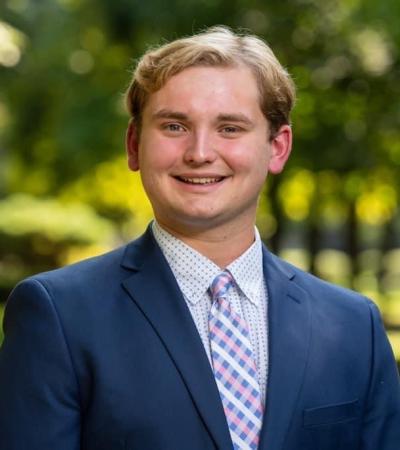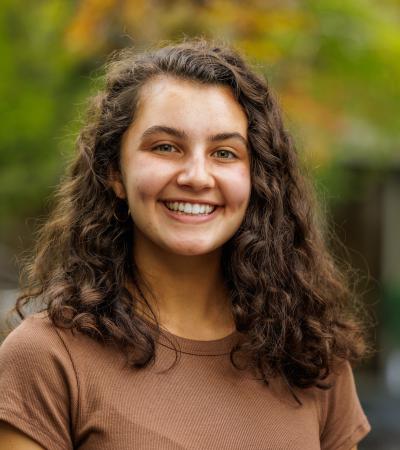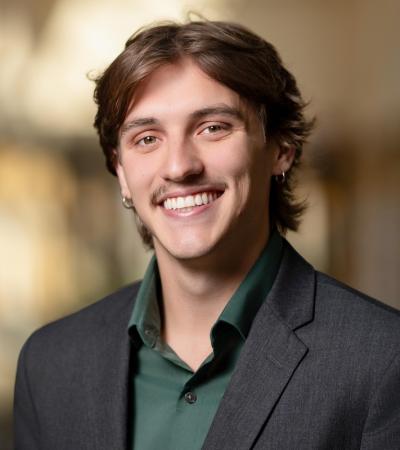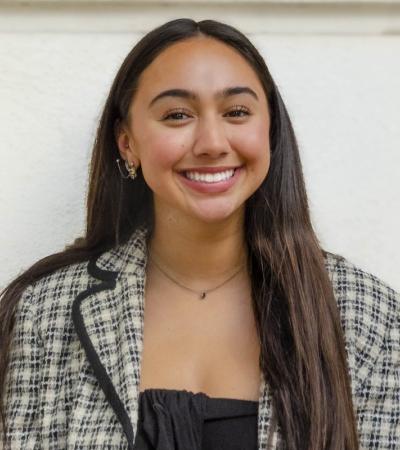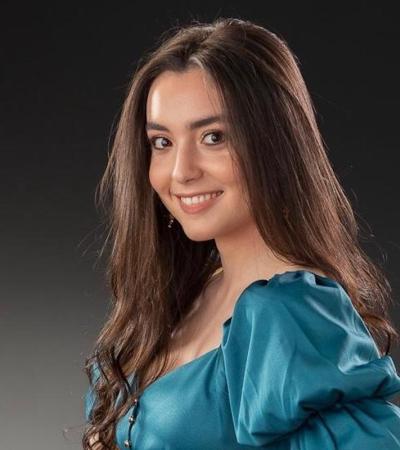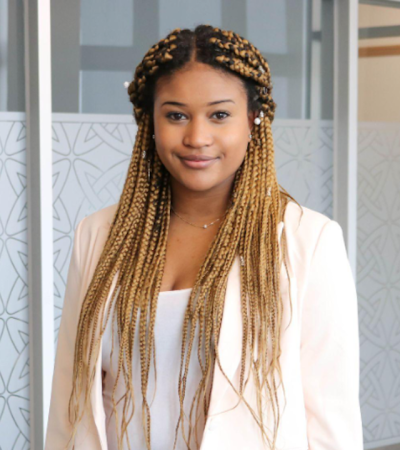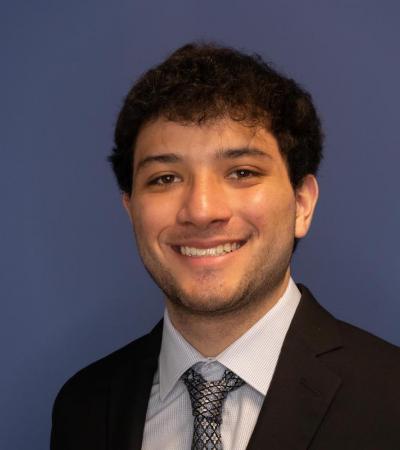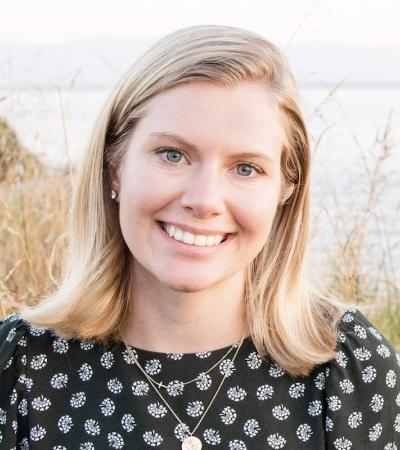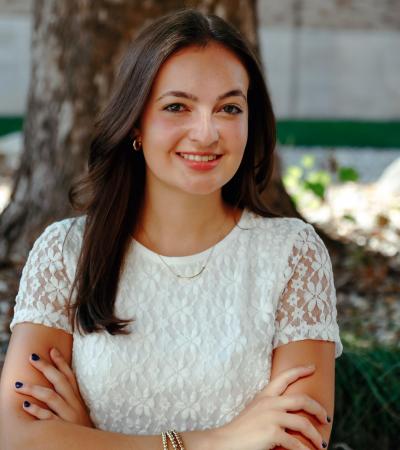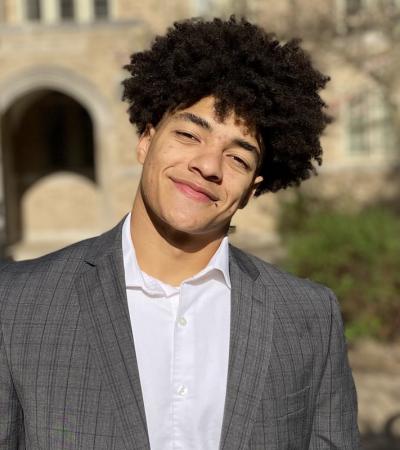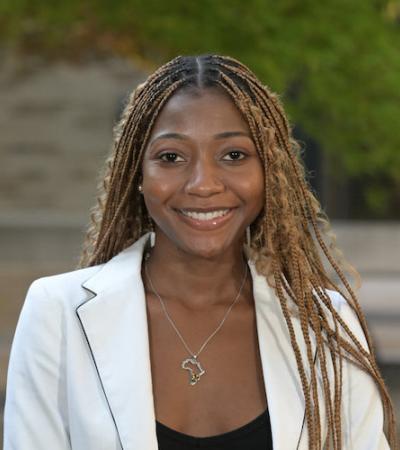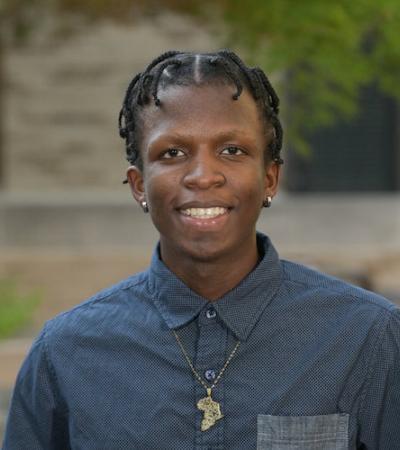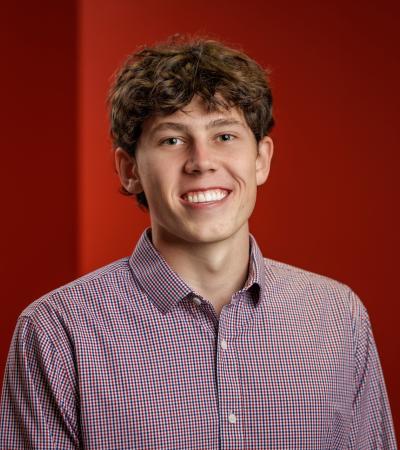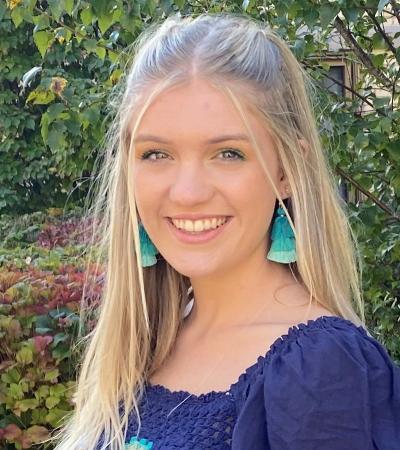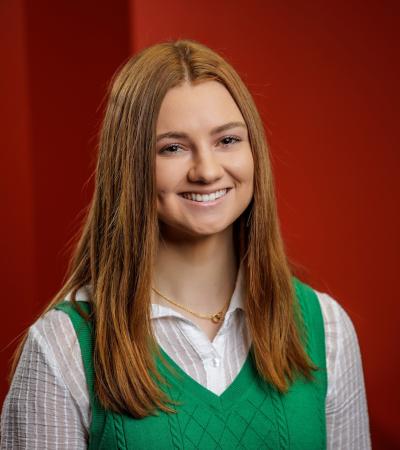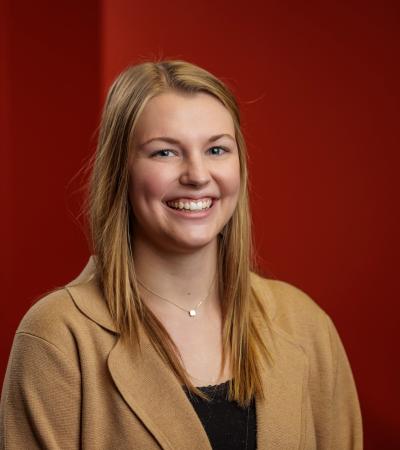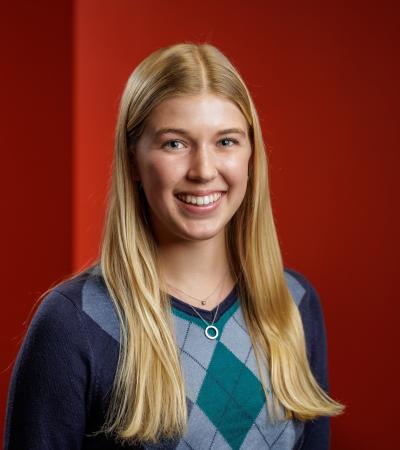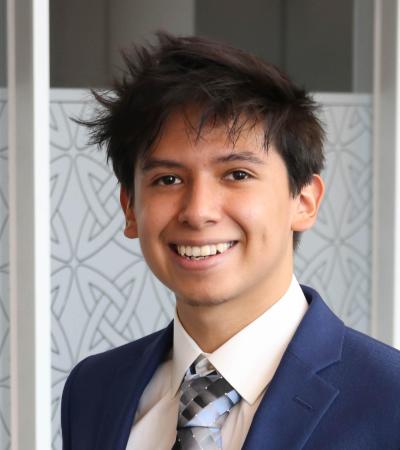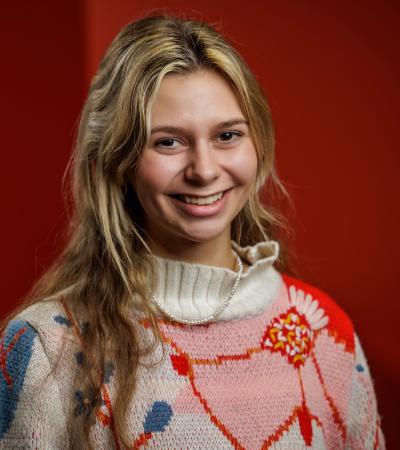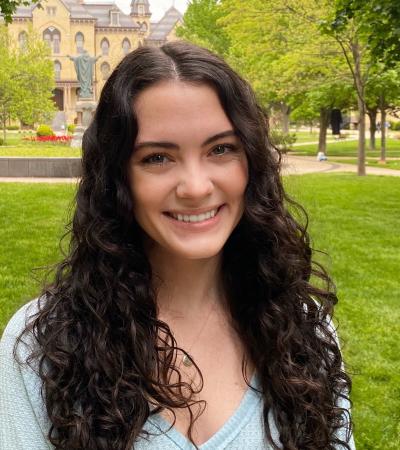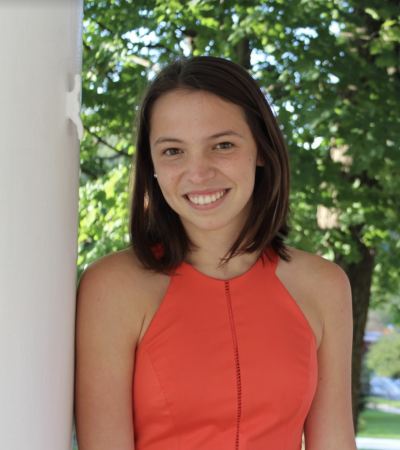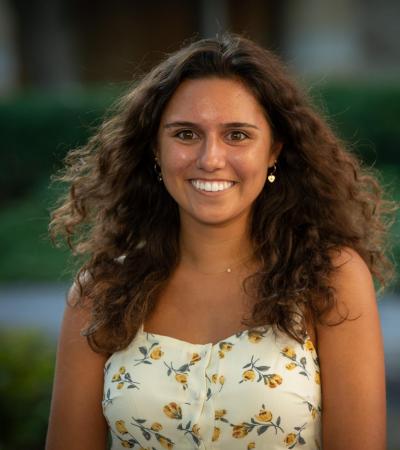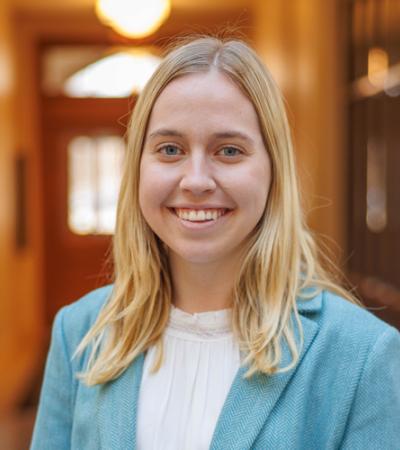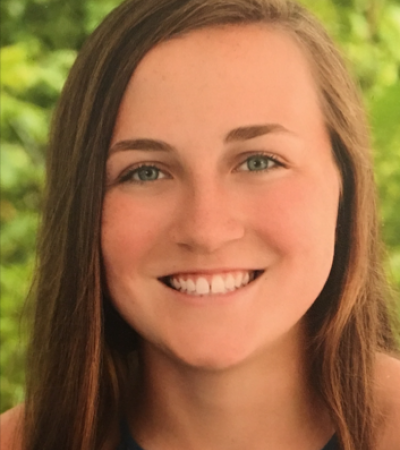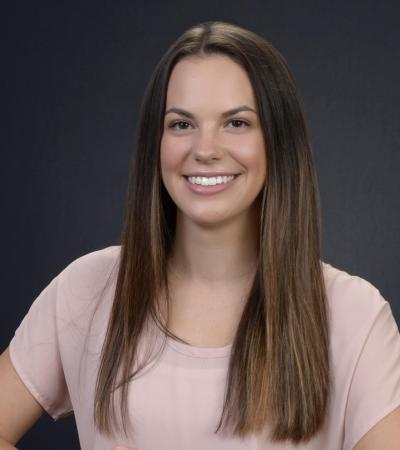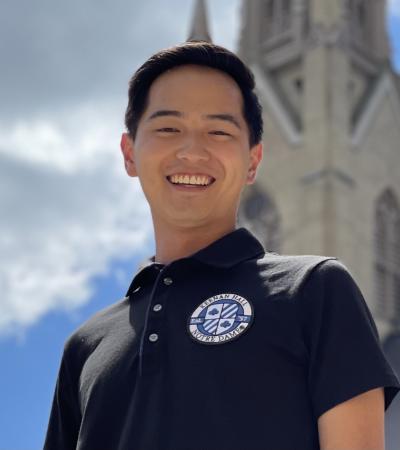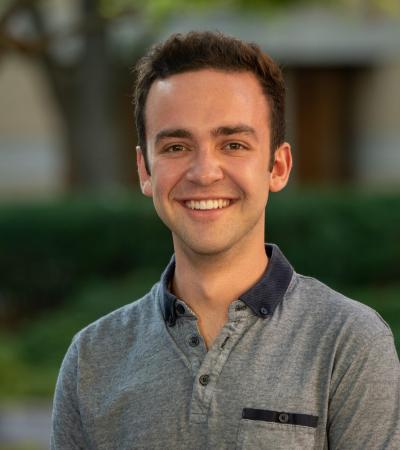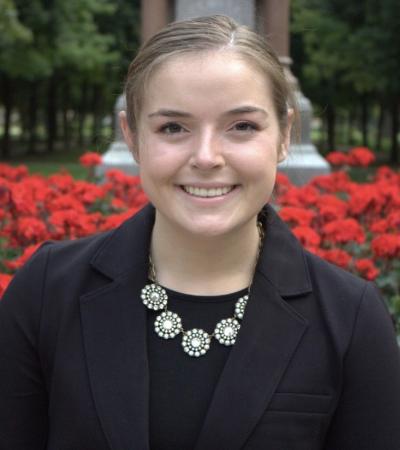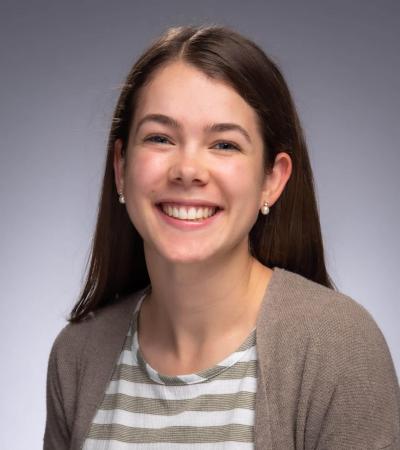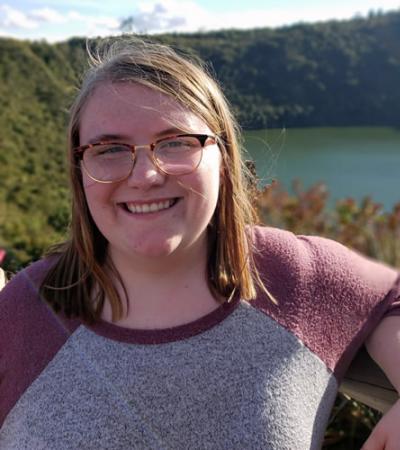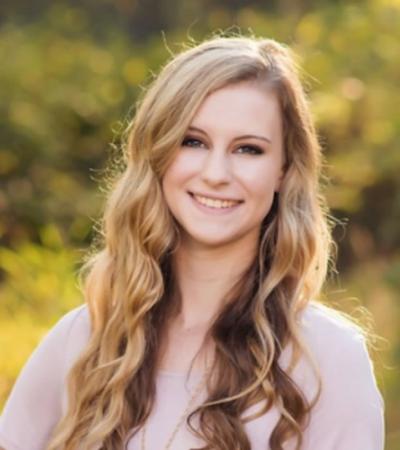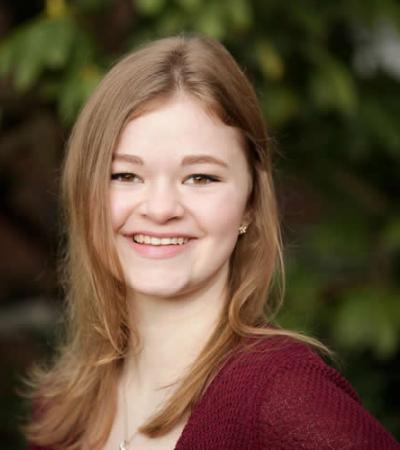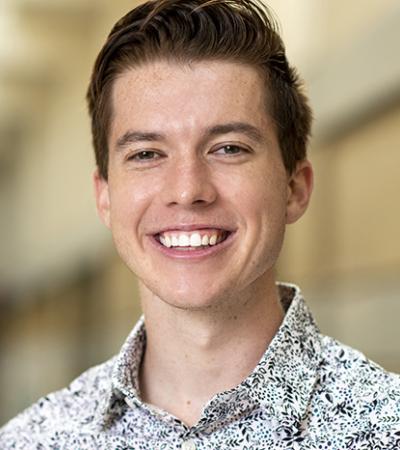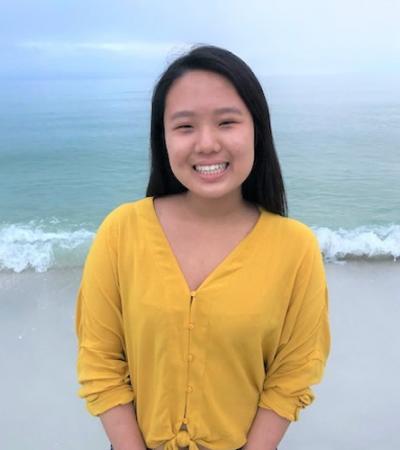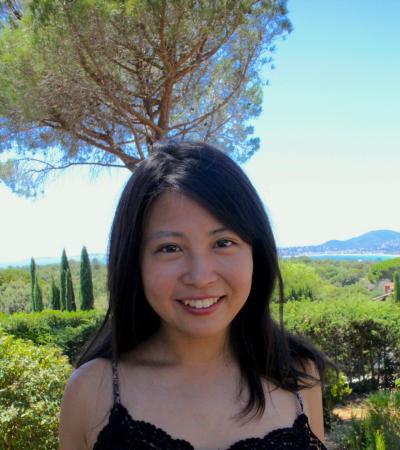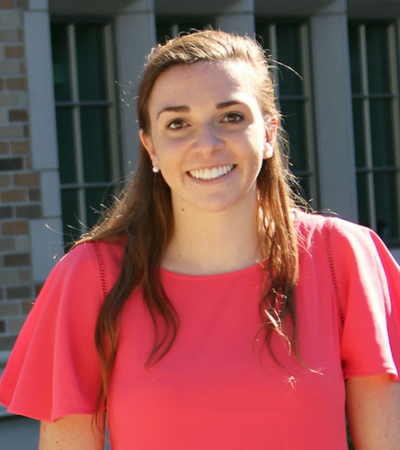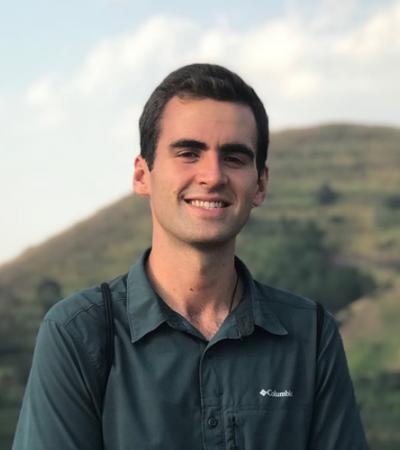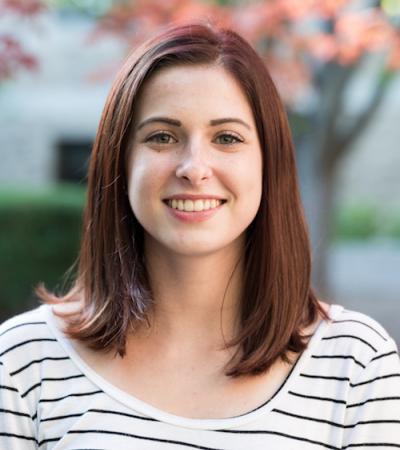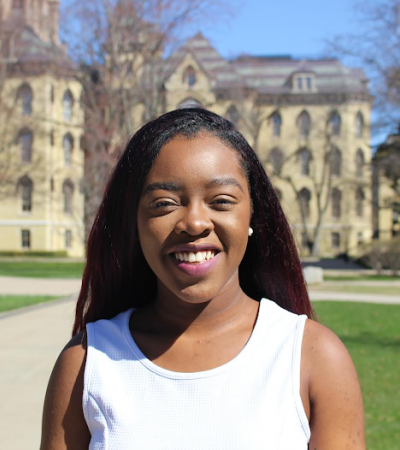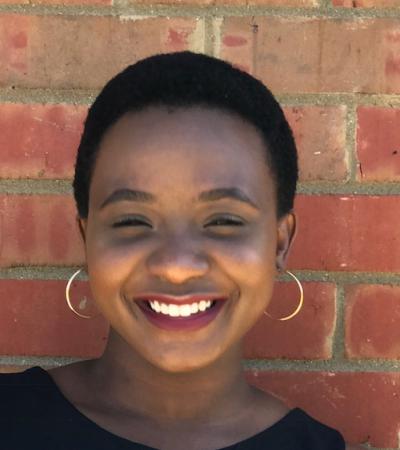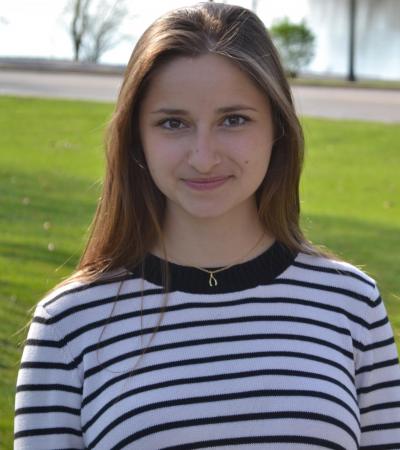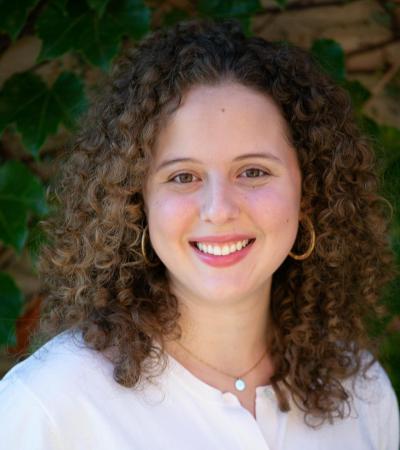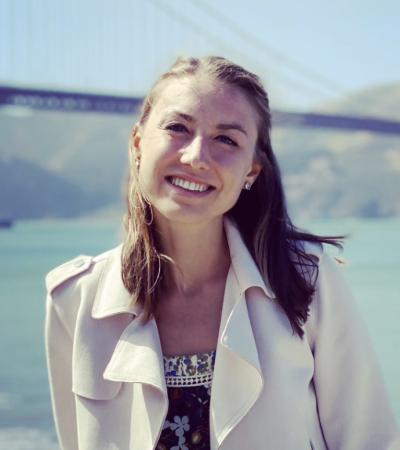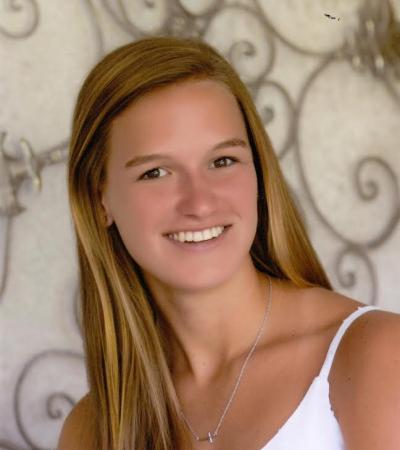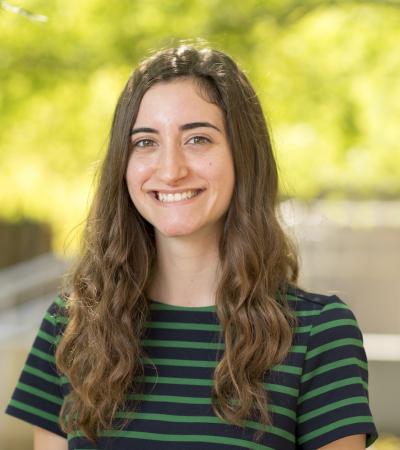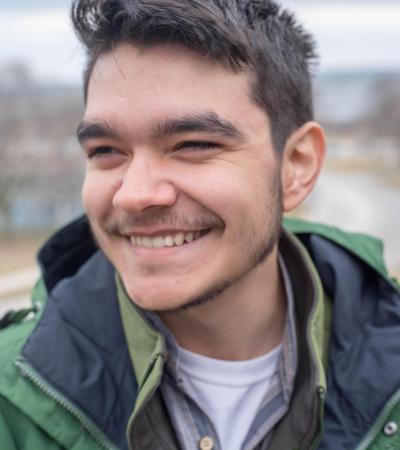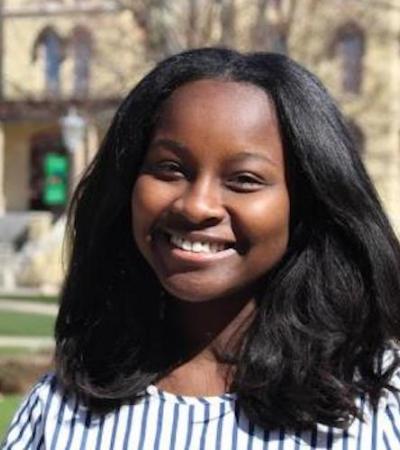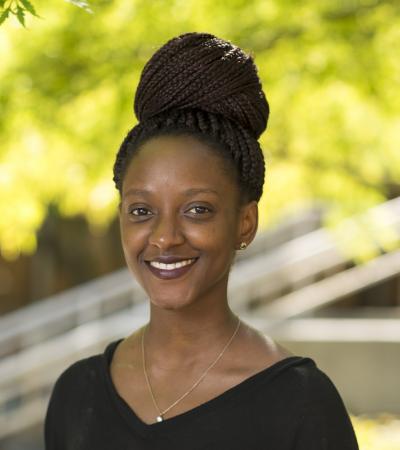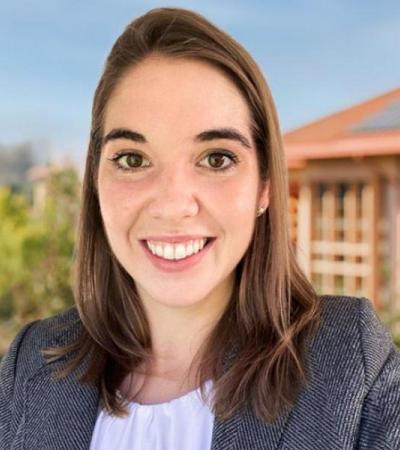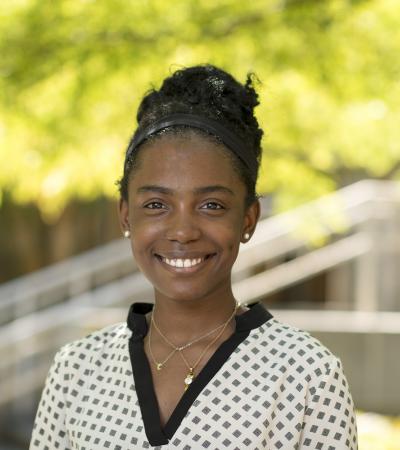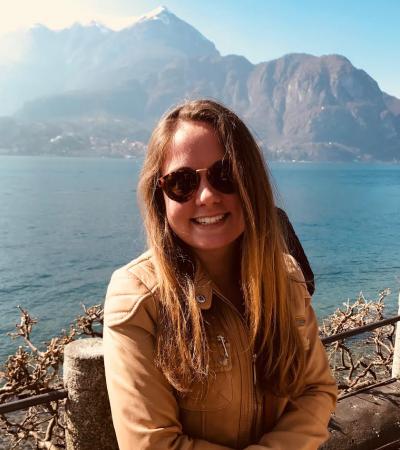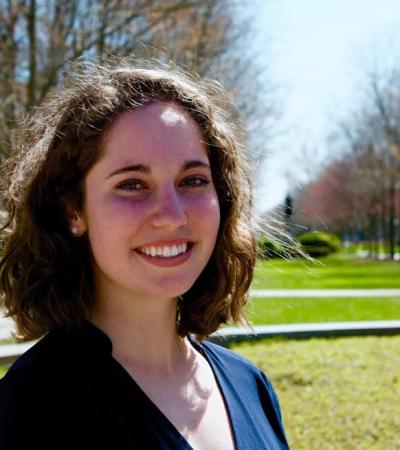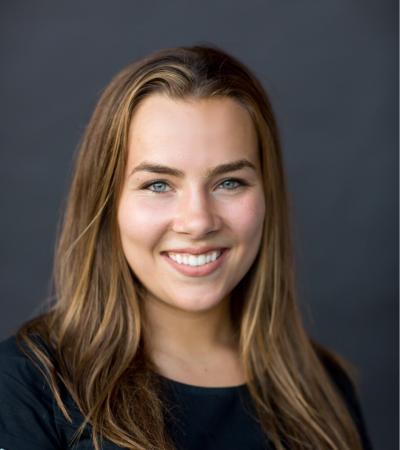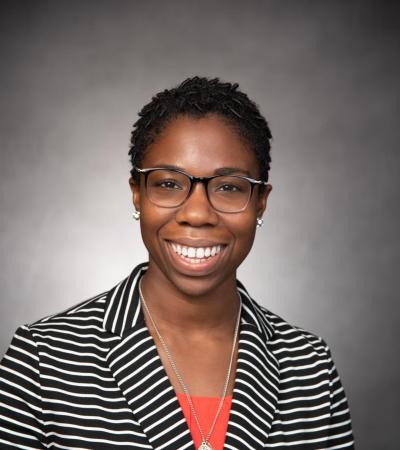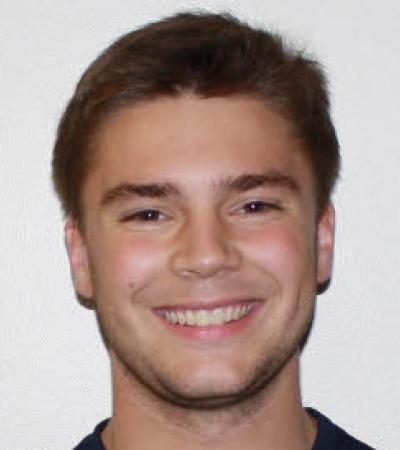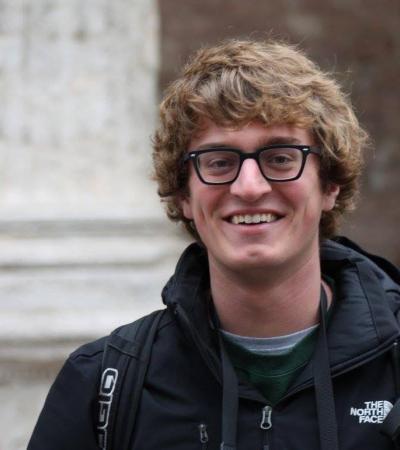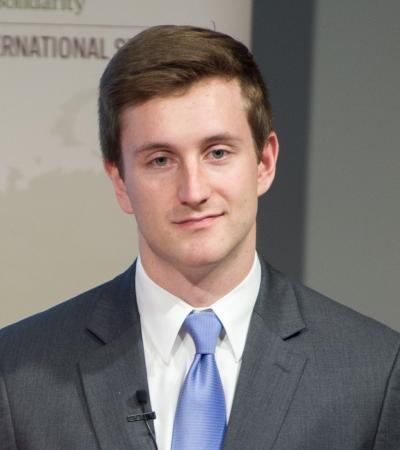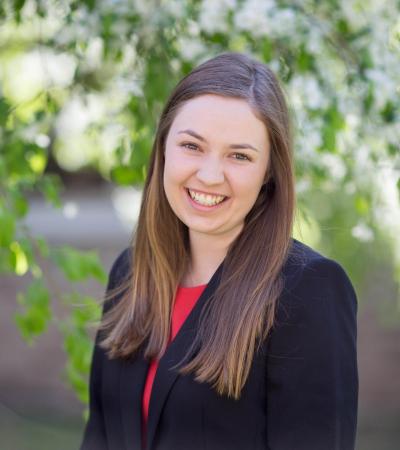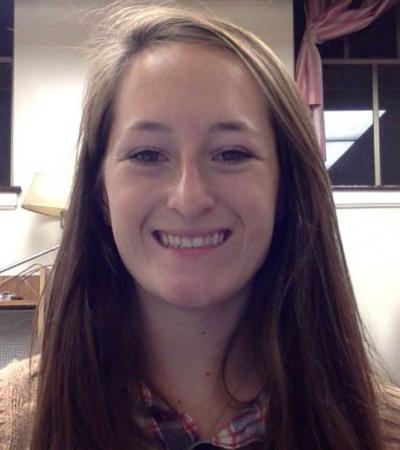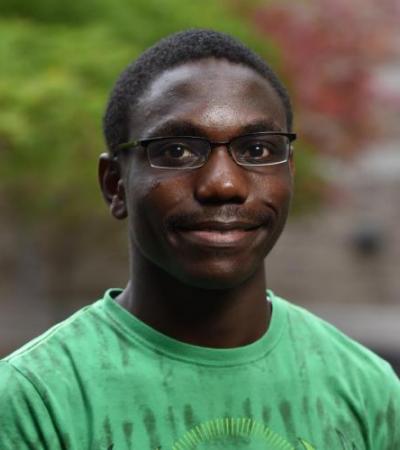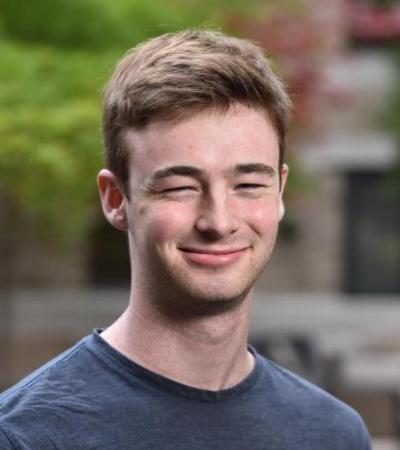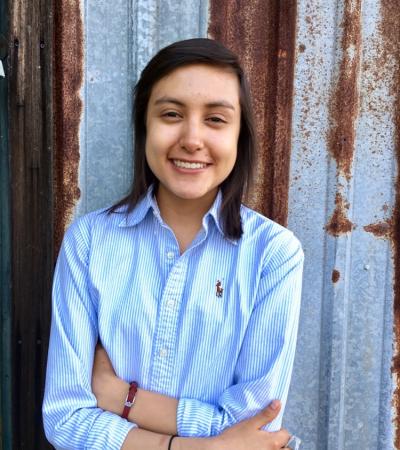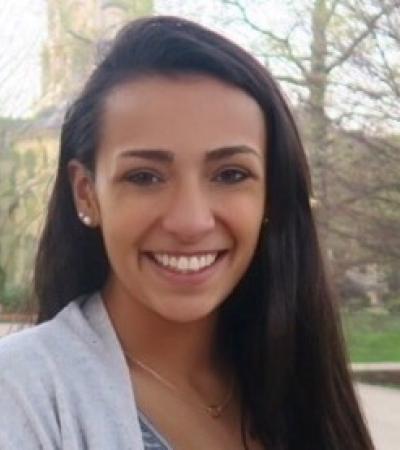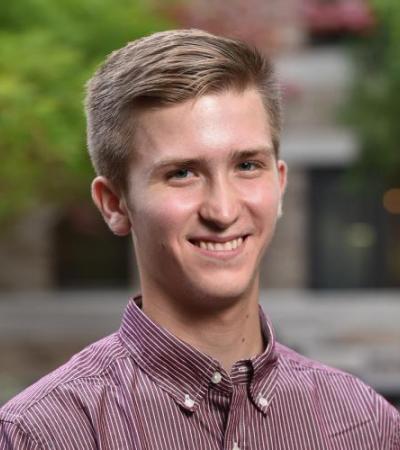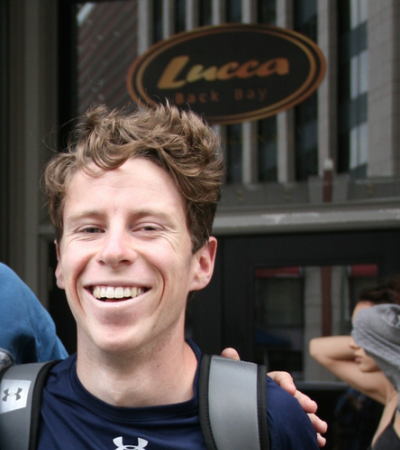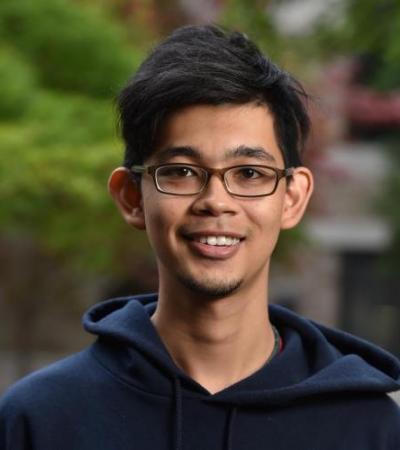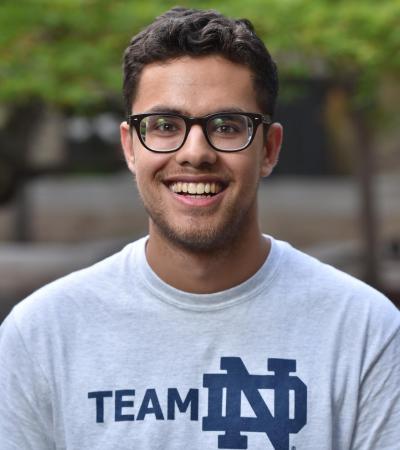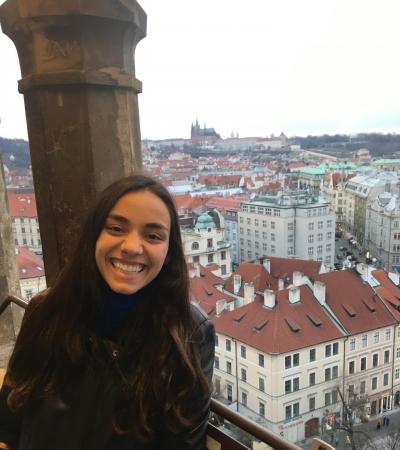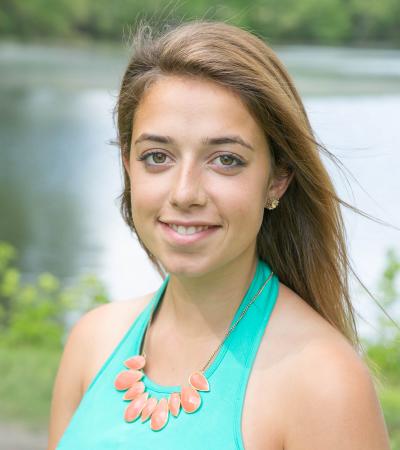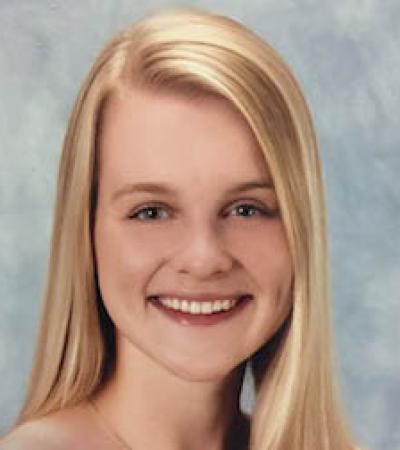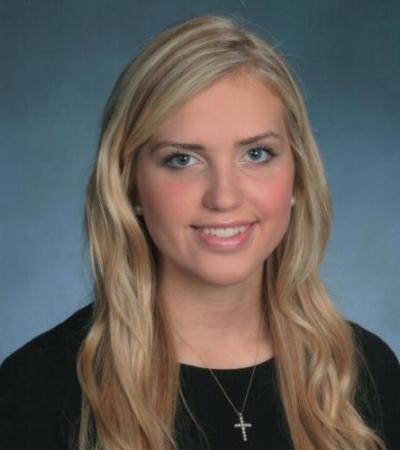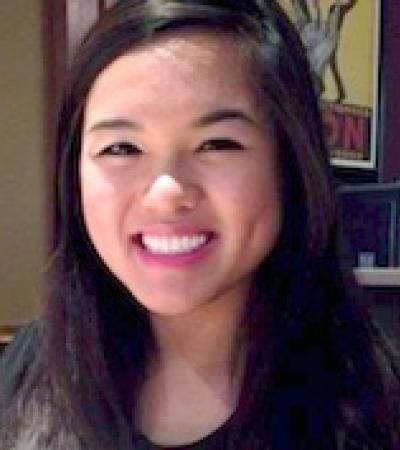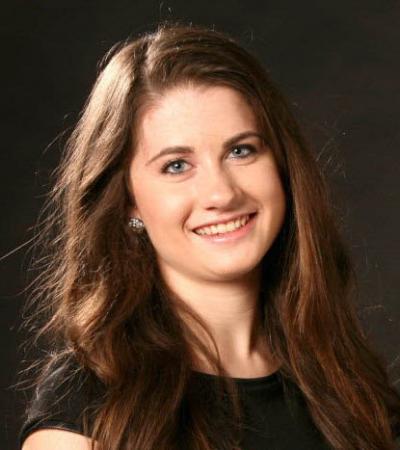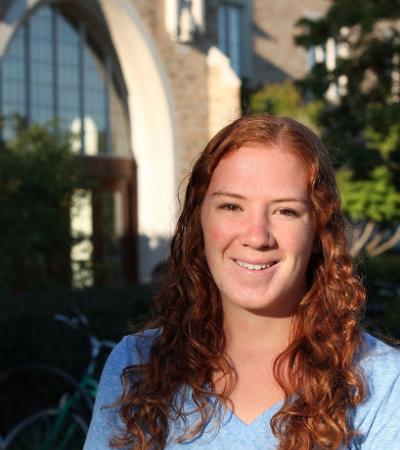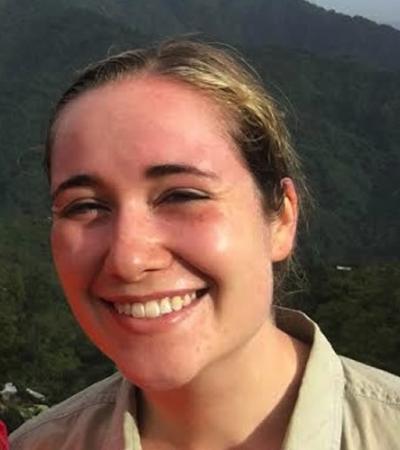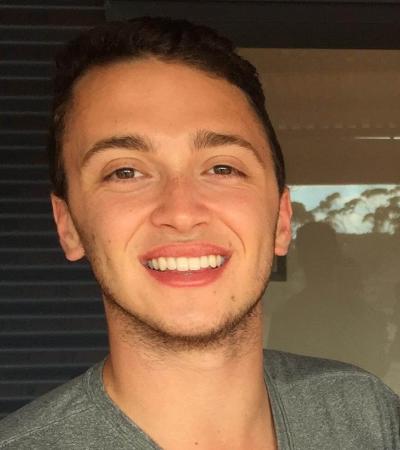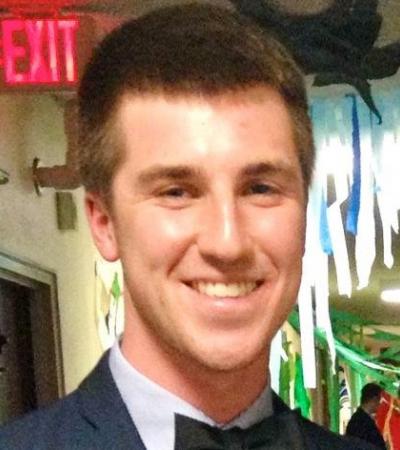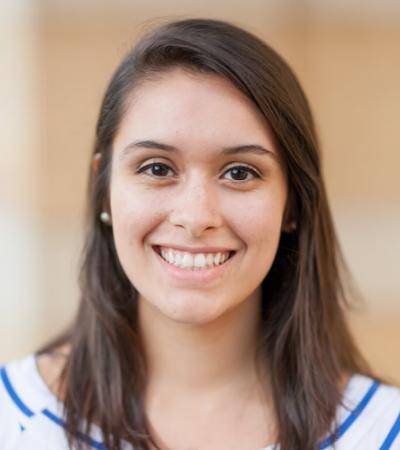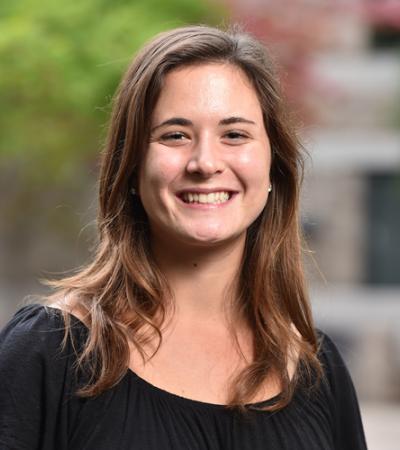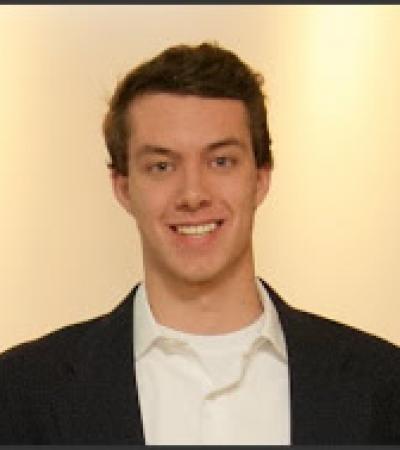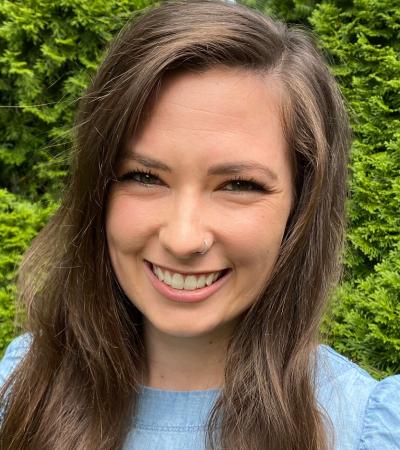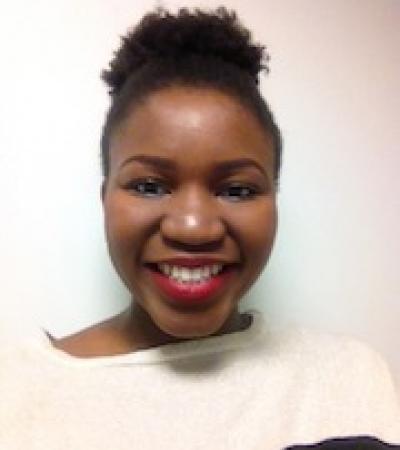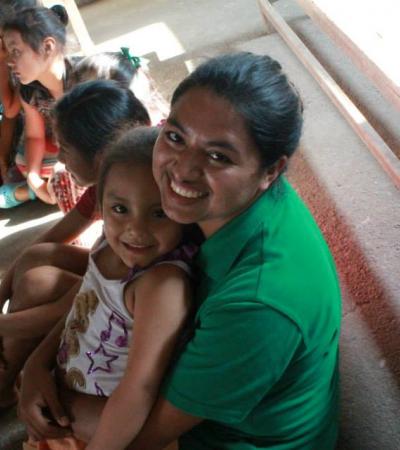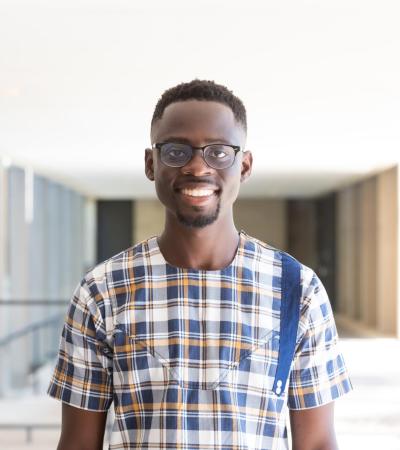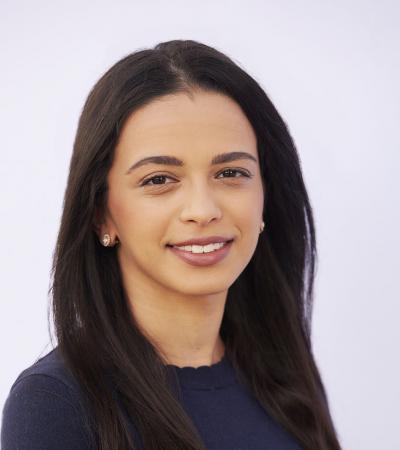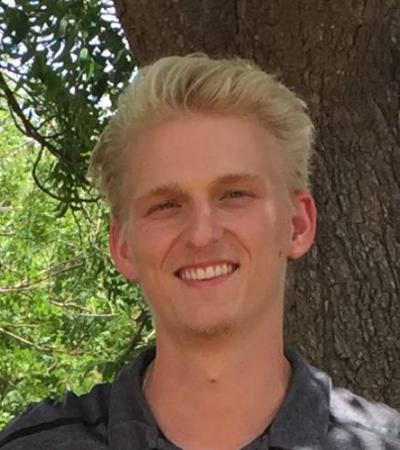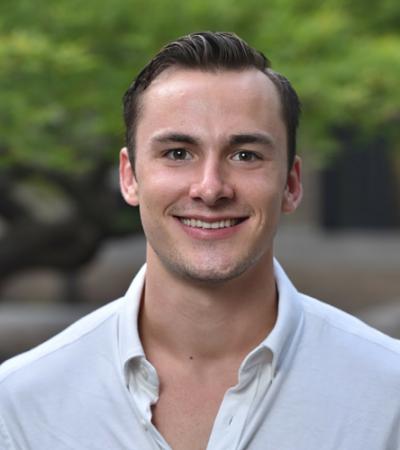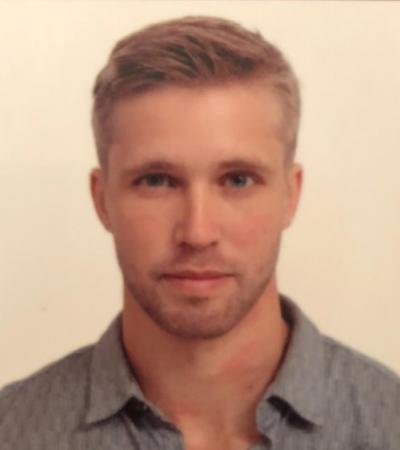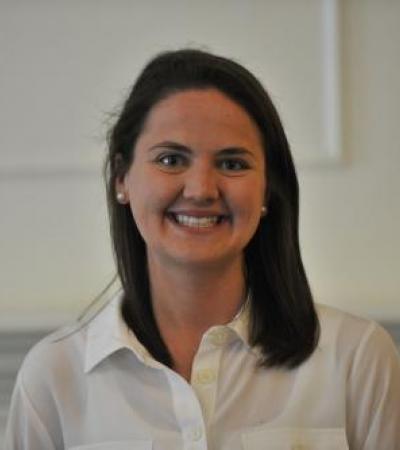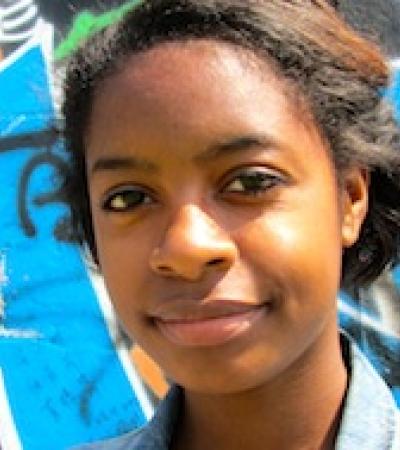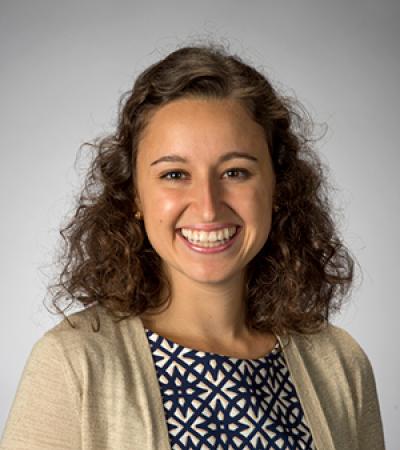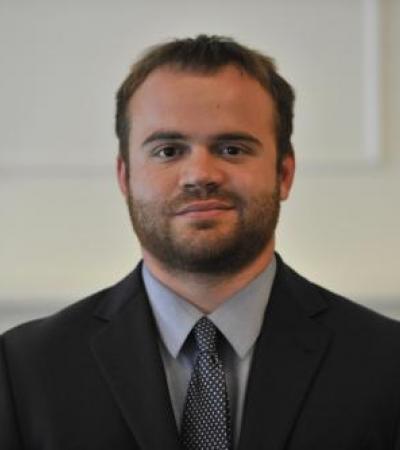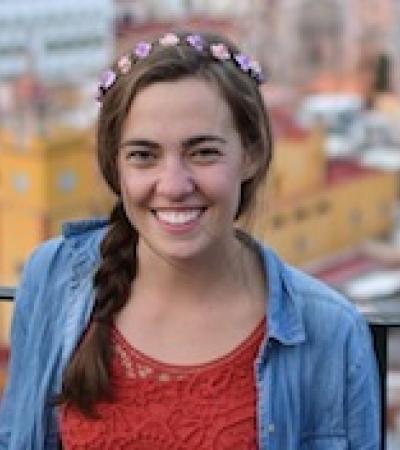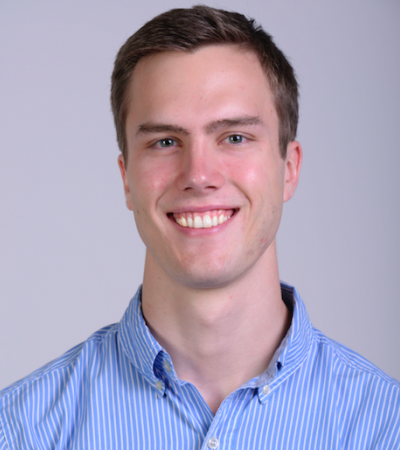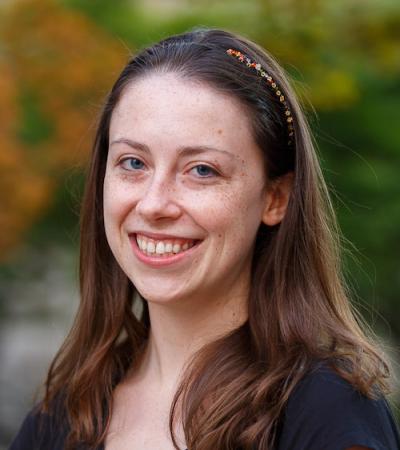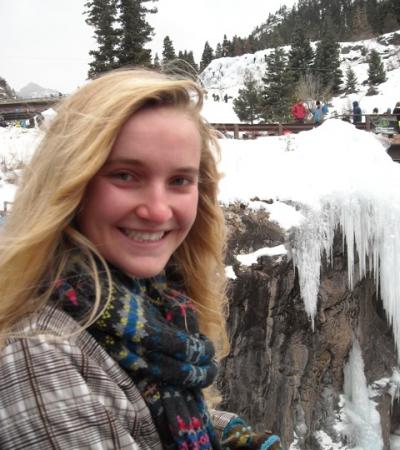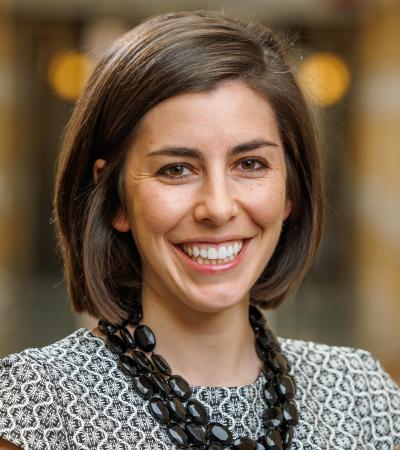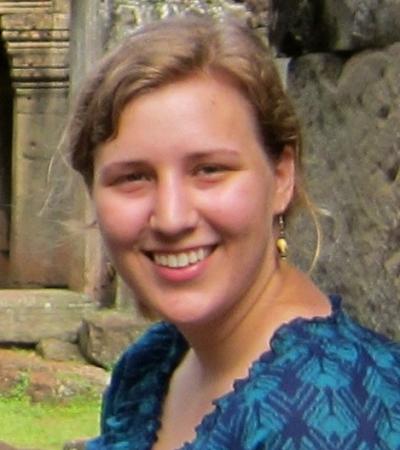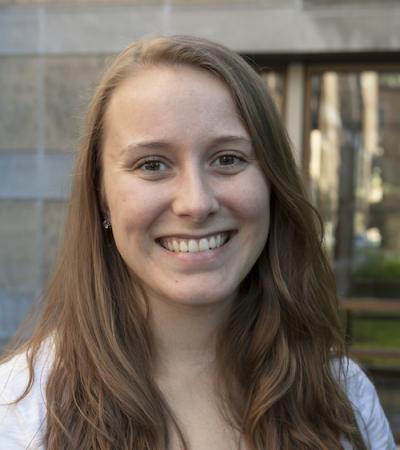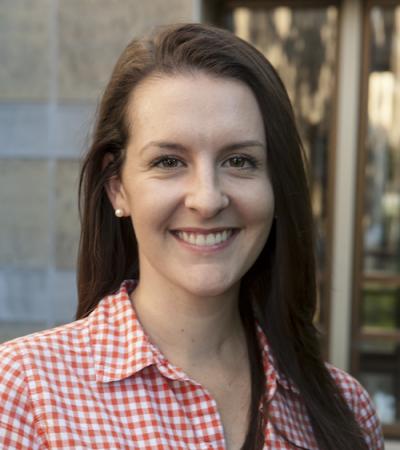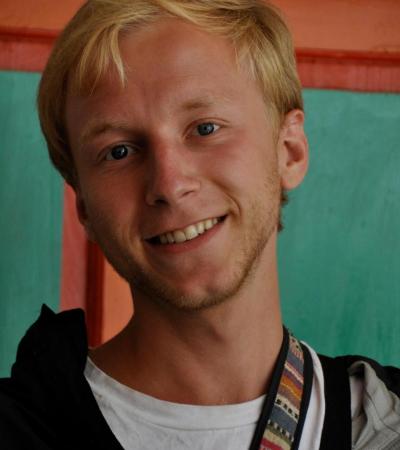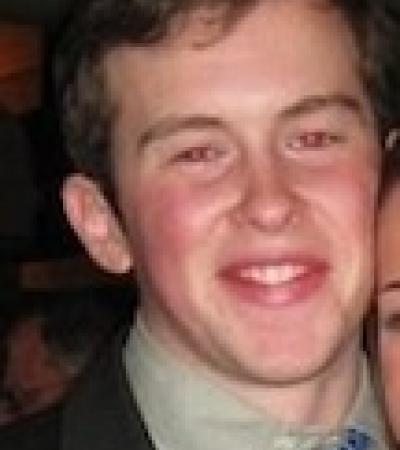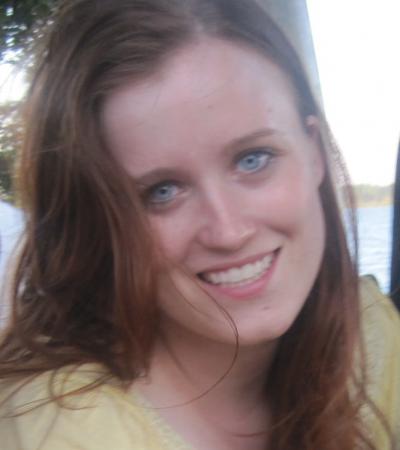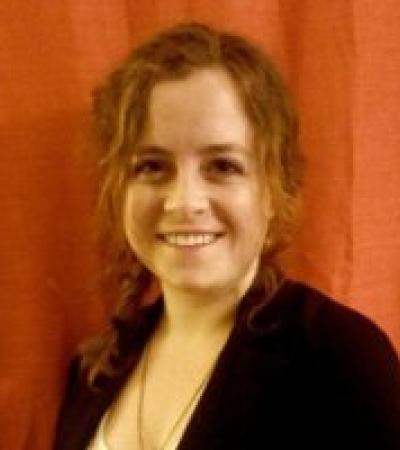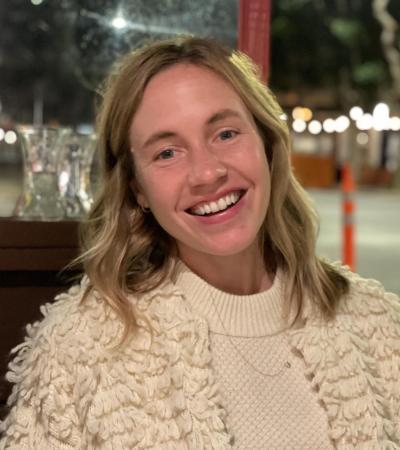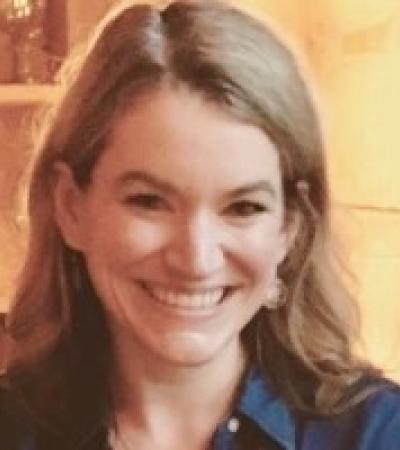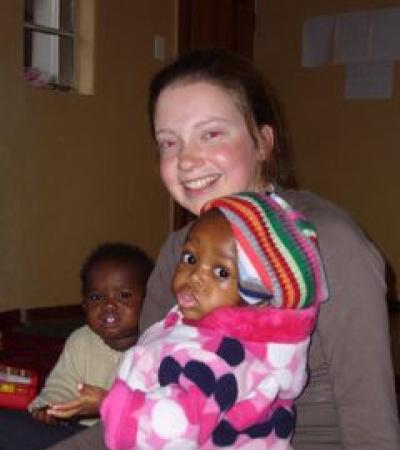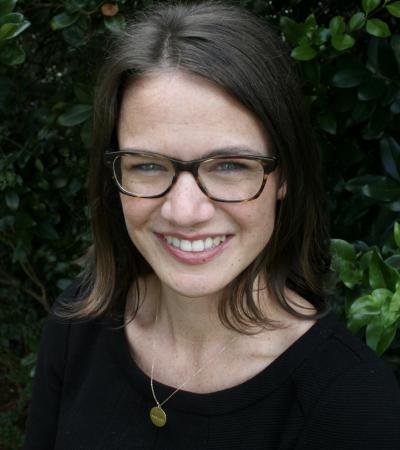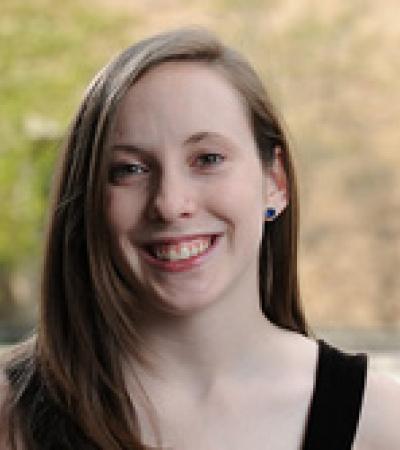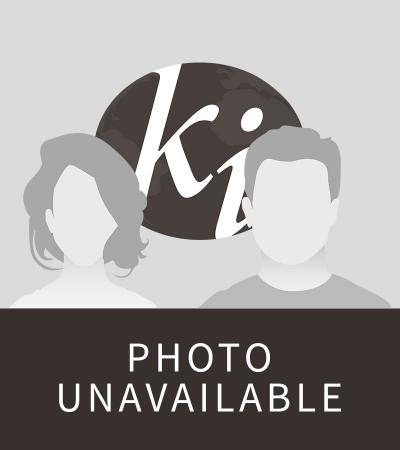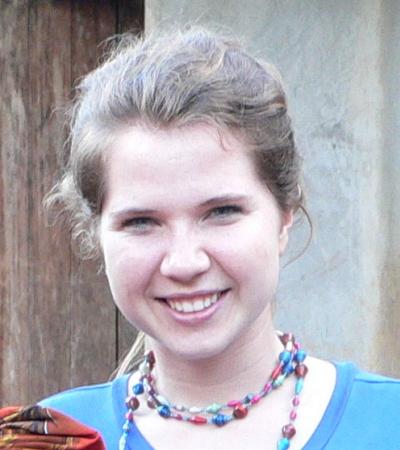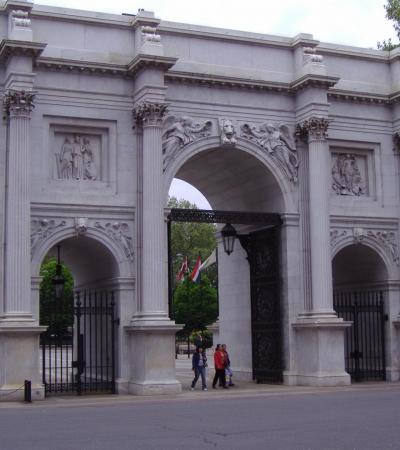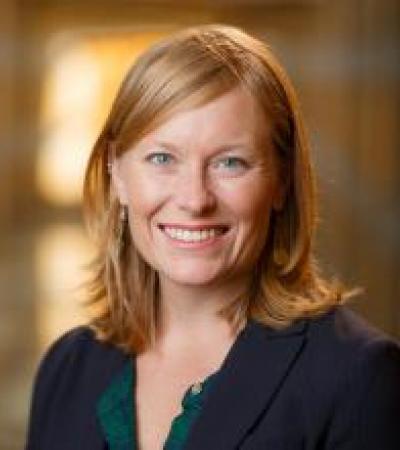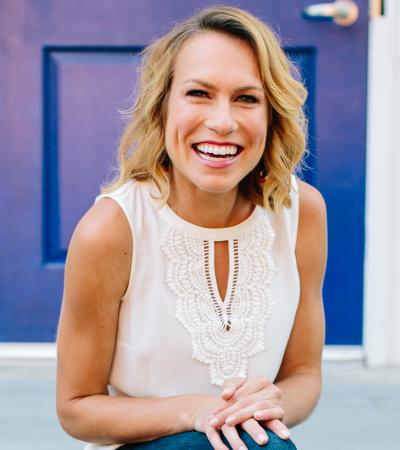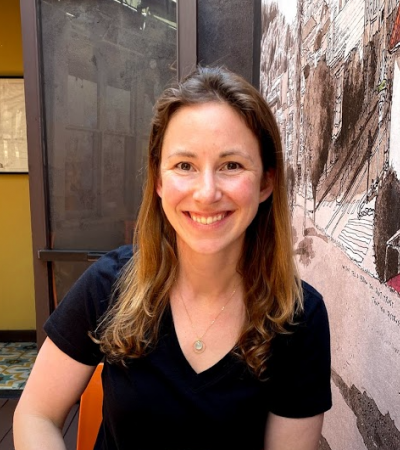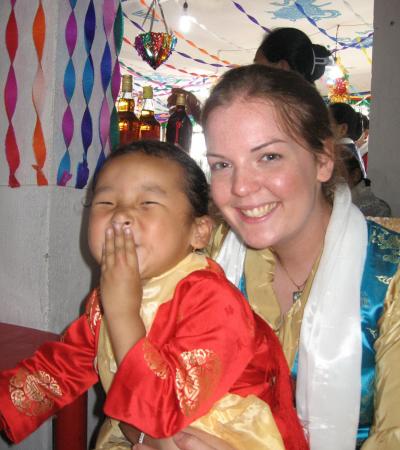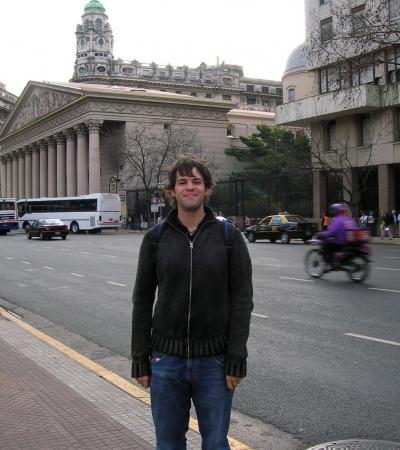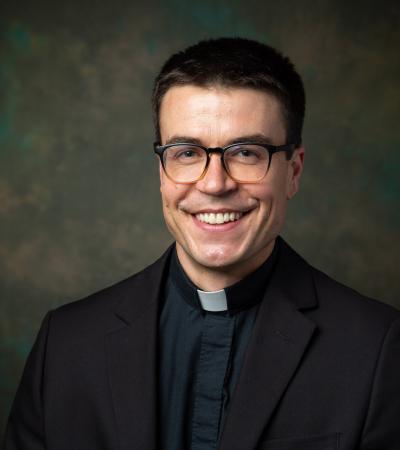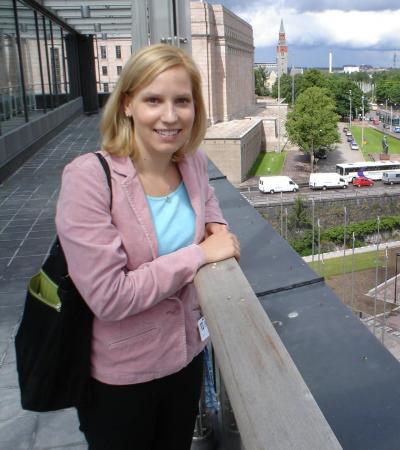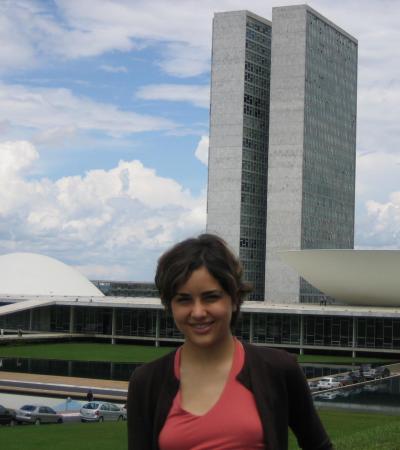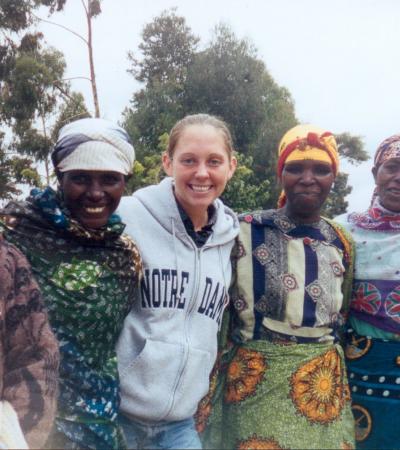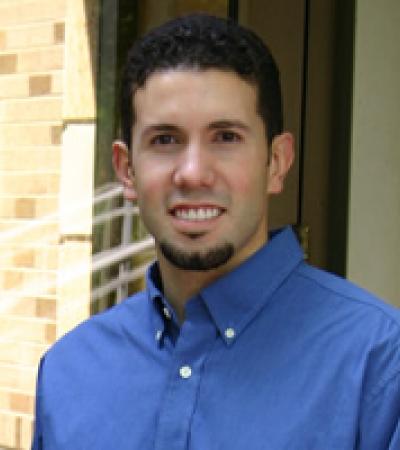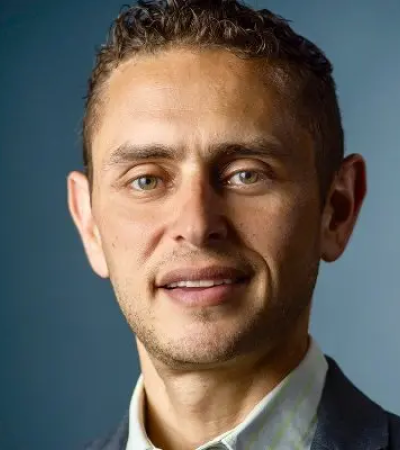Undergraduate Opportunities
Kellogg/Kroc Undergraduate Research Grants
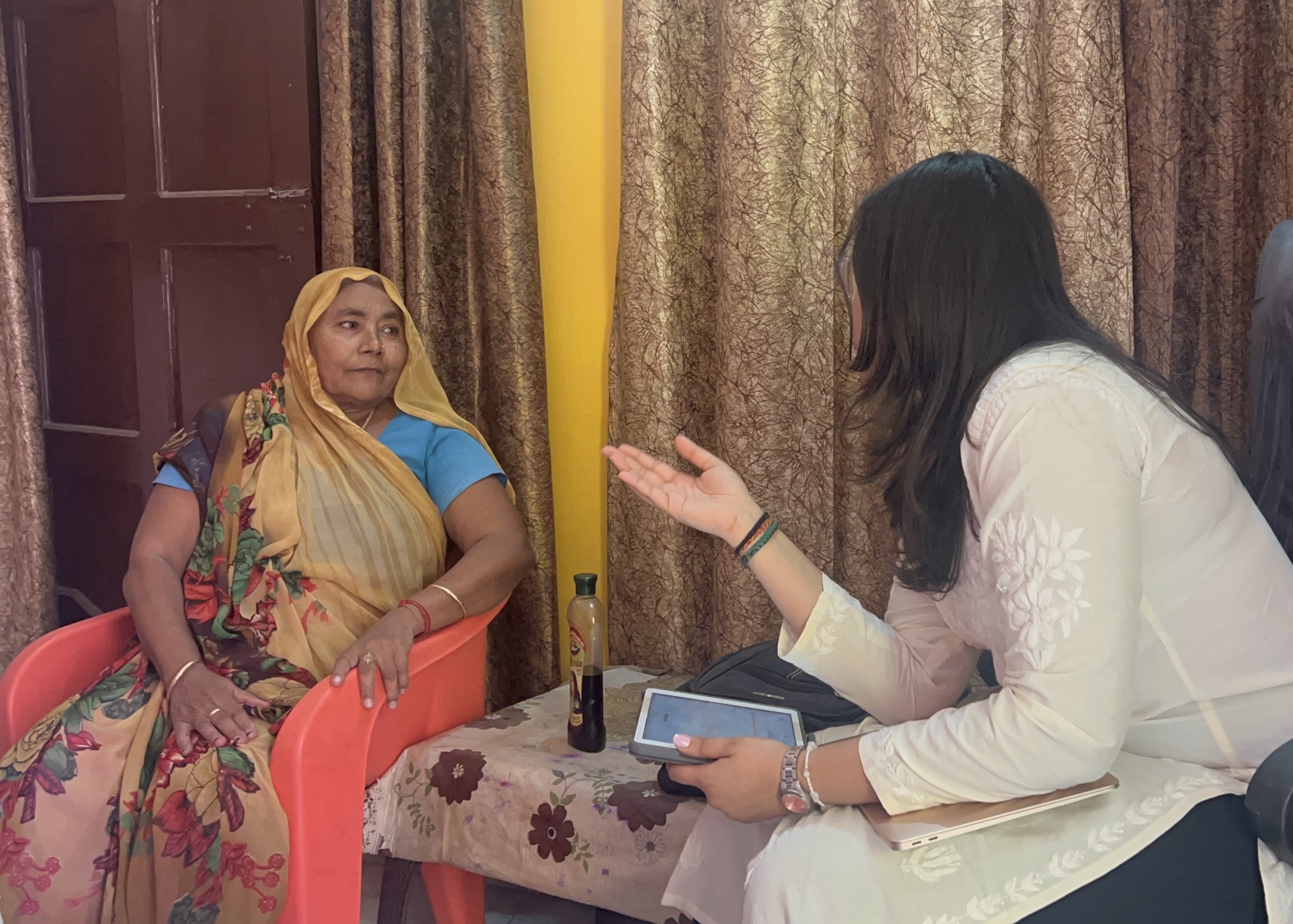 Conduct RESEARCH in Africa, Asia, and Latin America
Conduct RESEARCH in Africa, Asia, and Latin America
Gain RESOURCES to prepare you and fund your research
Build RELATIONSHIPS with faculty and peers
The Kellogg and Kroc Institutes offer research grants for undergraduate students at Notre Dame during the summer. The grants are intended for juniors whose interests include a clear international dimension related to the Kellogg Institute's themes or the themes of the Kroc Institute.

-
Description
-
Eligibility
-
Application
-
Levels of Support
-
Orientations
-
Human Subjects Research
-
Forms
-
Pre-Departure
-
During the Summer
-
Reentry
The Kellogg and Kroc Institutes offer research grants for undergraduate students at Notre Dame during the summer. The grants are intended for juniors whose interests include a clear international dimension related to the Kellogg Institute's themes or the themes of the Kroc Institute. Grants up to $6,000 each (in exceptional, justifiable cases, the Kellogg Institute may increase this amount) will be awarded for research abroad or, if demonstrably appropriate, in the United States.
Applicants are required to notify the Kellogg Institute of any funding received from another source. If duplicate funding is received, the Institute may adjust award.
Students selected for the program will begin preparing for their summer experience through a series of orientations (see tab) with the Institute. Failure to attend orientations in full will result in the cancellation of the award.
Why should I apply?
For many grantees, their field research is the culmination of their academic experience at the University of Notre Dame. Many find that their project becomes the basis for a senior thesis or other research. Grant recipients often apply for Fulbright Fellowships and other post-grad fellowships to continue their projects after graduation.
Acknowledgments
Any publication of the student's work resulting from this grant must include an appropriate acknowledgment of the Undergraduate Research Grants Program. Although no one form is required, we recommend the following:
This [research, et al.] is made possible in part by support from the Undergraduate Research Grants Program of the Kellogg Institute for International Studies and the Kroc Institute for International Peace Studies, University of Notre Dame.
It is strongly recommended that students attend a grant writing workshop offered by the Flatley Center for Undergraduate Scholarly Engagement (CUSE). See http://cuse.nd.edu/ to learn the details.
All applicants should meet with Associate Director Holly Rivers at least a month in advance of the deadline to ensure their proposal can be funded. It is in your very best interest to have this meeting before applying.
2026 Deadline: Monday, March 2
Eligibility
Students must be in their junior year of studies at Notre Dame and be in good academic standing. They must have the endorsement and pledge of supervision from a faculty member. Freshmen and sophomores seeking to do research in Africa, Asia or Latin America should see Experiencing the World Fellowships.
Students selected for the program will begin preparing for their summer experience through a series of orientations with the Institute. Failure to attend orientations in full will result in the cancellation of the award.
Application
All applicants should meet with Associate Director Holly Rivers several weeks before the deadline in order to verify that their proposed project and country site could be supported by the Kellogg Institute. It is in your very best interest to have this meeting before applying.
To apply for a Kellogg/Kroc Research Grant, please go to the online application page. You can login to the application system using your Notre Dame credentials. Before sending questions to the program administrators, please open the application and review.
2026 Deadline: Monday, March 2
The application consists of the following:
- A project proposal. A description of the research topic and methodology, not to exceed six double-spaced pages, not including the bibliography. The project description should include six main elements: an introduction, background information, the methods to be used, a schedule, a description of how you and your adviser will work together on the problem and how often you will meet, and a description of the final product (Senior Honor's Thesis, essay, article).
- A budget for anticipated expenses incurred during the grant period, including travel, food and lodging, and other expenses.
- A budget justification sheet explaining budget items in detail, including flight itineraries (if you have them), materials, etc.
- A letter of recommendation from the faculty member who is committed to overseeing the research project and has thoroughly read your proposal. The system will ask for the name and email address of the person whom you have asked to write a letter of recommendation. Please request the letter from your faculty recommender several weeks ahead of the deadline, and please inform him/her that the email will come from Submittable.
- An e-transcript (see information regarding how to request an e-transcript.) Applicants must request their e-transcript by 4:00pm at least two business days before the deadline in order to upload it into the application system on time.
Levels of Support
Funding is available for a variety of project costs, including research materials and assistance as well as travel. Individual grants will not normally exceed $6,000, and proposals will be considered for any amount below this figure. Applicants are required to notify the Kellogg Institute of any funding received from another source; in some cases the Institute may adjust the amount of its award. Undergraduates are eligible for only one Kellogg/Kroc Undergraduate Research Grant.
Questions about the program should be submitted to Associate Director Holly Rivers at hrivers@nd.edu or 631-6023.
Questions about the status of an application should be submitted to Senior Program Manager Rachel Thiel at rthiel@nd.edu or 631-4846.
The Kellogg Institute supports undergraduate students each summer to gain research, language and internship experience in the developing world. Kellogg's international programs seek to deepen students' understanding of their academic programs by giving them real world experience in the field. Students selected for Kellogg programs participate in several mandatory pre-departure orientations to help fully prepare them for their time abroad. Host organizations provide pre-departure materials and in-country orientations upon students' arrival at host sites.
While training is a significant pre-departure aspect of Kellogg's international programs, reentry programming is equally important. Kellogg faculty and staff seek to support students' reentry by helping them integrate their field experience into their academic program as well as their personal and professional development.
Dates for spring 2026 mandatory orientations for the Research Grant program are as follows:
-
Requirements Orientation
Wednesday, April 8, 6:30-8:30pm -
Culture and Safety Orientation Part 1
Tuesday, April 14, 6:30-8:30pm -
Culture and Safety Orientation Part 2
Wednesday, April 29, 6:30-8:30pm
Attendance of these orientations in full is required for all students who choose to accept Kellogg Institute funding.
Failure to attend orientations in full will result in the cancellation of the award.
Note: Students who are abroad in the spring will be expected to complete a series of written orientations in order to participate in the program.
Human Subjects Research
Any project that involves the use of human subjects must be approved by the Human Subjects Institutional Review Board (IRB). For details of the procedures, please go to https://research.nd.edu/our-services/compliance/human-research/
Committee approval must be completed and submitted to the Kellogg Institute before funding can be received.
Students are strongly encouraged to attend Research Workshops provided by the Flatley Center for Undergraduate Scholarly Engagement (CUSE) to strengthen their proposals. See CUSE Workshops to learn the details.
For questions about the program, please contact Associate Director Holly Rivers (hrivers@nd.edu) at 631-6023.
Forms and Information
Several forms required for your international program are provided below.
Pre-Departure
Program Checklist - international sites
Explanation of Required Documents - international sites
International Workbook
Travel Insurance
The University of Notre Dame requires that you have insurance through GeoBlue. More information is available at www.geobluestudents.com.
For Students Currently Abroad
Orientation Worksheet
Country Specific Questionnaire
Reentry
Forms should be submitted to Kellogg through Submittable.
(Log in to submittable and you will see the "Additional Forms" with your submission. Forms are due August 15, 2025 at 11:00pm)
Tips for Returning Home
Explanation of Follow-up Reports
Expense Report
Pre-Departure
We have provided these web resources to help you prepare for your time in the field.
Suggested Readings
The following articles, books and materials are suggested readings that you might do before, during, and/or after you are abroad to reflect on your summer experience. The Kellogg Institute has provided you with a journal that you might use to reflect on these readings.
Donahue, Bill. 2001. “My Virtuous Vacation.” From Mother Jones.
Feinberg, Ben. 2002. “What Students Don’t Learn Abroad.” From Chronicle of Higher Education.
Iyer, Pico. (March 18, 2000). “Why We Travel.” Published at Salon.com
Illich, Ivan. (April 20, 1968). “To Hell with Good Intentions” Speech.
“What’s Up With Culture.” University of The Pacific
Reasons for Success: Learning from Instructive Experiences in Rural Development
By Norman Uphoff, Milton J. Esman, Anirudh Krishna (Kumarian Press, 1999)
Resources for Women Traveling Abroad
Her Own Way: Advice for the Woman Traveler: The Canadian Consular Affairs Bureau provides information about security, packing, culture shock and more in this article for women travelers.
JourneyWoman: An on-line travel resource for women.
"Sexual Harassment And Prevention In College Students Studying Abroad" (SAFETI On- Line Newsletter) The SAFETI On-Line Newsletter addresses issues of safety in study abroad.
This article explores how women can minimize their risk of being sexually harassed while traveling abroad.
U.S. Department of State's Tips for Women Traveling Abroad Alone: Advice from the branch of the U.S. government responsible for the welfare of U.S. citizens abroad.
Transitions Abroad: Women Travel Abroad: A great collection of first-hand articles, web sites and agencies by this award-winning, respected travel magazine.
Mental Health Resources for Notre Dame Students Abroad
University Counseling Center - Self-Help: Resources curated by the University Counseling Center to help you learn about and navigate struggles common to college students.
Responsibilities While Abroad
Notify Holly and Rachel when you arrive at your site
Within a day of your arrival in the country, please notify Holly Rivers and Rachel Thiel via email that you have arrived safely.
Update Kellogg at least every two weeks
Even if internet access is limited at your site, please update Holly and Rachel at least every two weeks while you are abroad. In your emails, be sure to discuss what you are doing, the challenges you are facing, etc. These updates do not have to be extensive, but they help inform us as we communicate with parents and administrators about your well-being. They also help us determine if we will use your experience on the web or in other future Kellogg publications. You may opt to copy Holly and Rachel onto emails you are sending to family and friends instead of sending separate emails.
Journal and Readings
Journals have been found to be extremely beneficial to students while living and working abroad. You have been provided with a journal and several questions to be addressed over the course of the summer. Please note that links to a few readings have been provided on the pre-departure tab to offer you some material to help you reflect on your experiences.
Send photos to Kellogg (To be used on the web and in KI publications)
If you cannot send photos while abroad, please be sure to submit them upon return. (This is your chance to make it into a brochure or presentation!) We also use these photos to show our donors how their funding is being used for this program.
A note about photography
Everyone wants to bring back photos of the people and places from their experiences. Please, however, remember to be sensitive of others when taking photos. Before taking photos of others, please ASK if it is ok. Think about how you would feel having photos taken of you as you go about your daily life in the United States and consider how you would like to be approached by those wanting to take photos of you.
Emergency Information
We hope that your trip will be a safe and enjoyable one but we recognize that sometimes incidents happen. If you are involved in an incident such as a theft, attack, sexual assault or any other event that affects your personal safety, you are expected to contact Holly Rivers and Rachel Thiel as soon as possible. Where applicable, students should first address the situation with the program personnel at their organization before contacting Holly and Rachel.
In case of emergencies during business hours (8:00 am-5:00 pm) Monday - Friday, you should contact Holly Rivers at + 1 (574) 631-6023 or Rachel Thiel at +1 (574) 631-4846. Outside of business hours, please call Holly on her cell phone.
If no one can be immediately reached, contact the ND Security Emergency Hotline.
+1 (574) 631-5555 (24 Hours/7 Days). Please leave your name, program affiliation (Kellogg), security status, location, and contact information.
Notre Dame Global provides many resources regarding health, wellness, safety and security while traveling abroad in the Travel and Safety section of their website. Please carefully review their website. Below are a few selected resources for your reference.
GeoBlue International Health Insurance
Global Health and Safety:
Inside the U.S.: (800) 257-4823
Outside the U.S.: +1 (610) 254-8771 (collect calls accepted)
Email: globalhealth@geoblue.com
Customer Service:
Inside the U.S.: (844) 268-2686
Outside the U.S.: +1 (610) 263-2847
Reporting a sexual assault
Speak up! Review your options and receive guidance.
Work with your passport-affiliated embassy to learn more about reporting to local law enforcement while abroad; laws are different and the consequences of reporting can be severe.
Confidential Resources:
GeoBlue Insurance offers 24/7 confidential assistance for both physical and mental health needs.
Web Resources for Survivors of Sexual Assault
Title IX/Sexual Assault Resources
Support Options
Reporting an incident online
Travel safety – in an emergency
Call your 911 in-country equivalent.
Call NDPD 24/7 at +1 574 631-5555.
Contact your local embassy or consulate.
Contact your emergency points of contact for your program: Holly Rivers and Rachel Thiel
Thinking Ahead
Even if unlikely, you should mentally prepare for the possibility that something could happen to you by thinking through or researching how to respond. There are a few general rules of reaction for any incident you may face:
- Remain as calm as possible.
- Comply with all demands.
- Trust your instincts.
- Get to a safe place as soon as it is safe to do so.
- Respond to all safety check-ins from Notre Dame.
- Communicate to your loved ones that you are safe.
- Read all Smart Travel Enrollment Program (STEP) alerts.
- Monitor local and breaking news for updates.
Welcome Back to Campus!
If you are looking to return overseas for study, but want someone else to pay for it, you should apply for one of the many scholarship programs available for recent university graduates: Rhodes, Marshall, Fulbright, etc. Visit the Flatley Center for Undergraduate Scholarly Engagement in Bond Hall, for more information or see their website at cuse.nd.edu.
There are also many programs and organizations with resources online. Here is a sampling of some of them:
- BUNAC (work programs in Britain)
- Council on International Educational Exchange work opportunities
- Cultural Vistas
- English language teaching (TEFL)
- EnLAce (Electronic Network for Latin American Careers and Employment)
- Rotary
-
Peace Corps
Tips for Returning Home
Read about Reentry & Reverse Culture Shock-The more you know, the better prepared you will be to deal with it!
- SIT Reentry Toolkit (World Learning)
- Returning Home from Study Abroad (Middlebury College)
If you would like your family to better understand what you are going through when you return home, you might also share the following resource from World Learning with them:
https://studyabroad.sit.edu/documents/studyabroad/Readjustment-Manual-for-Parents.pdf
Counseling Center - If you find that you are in need of a little extra help processing your summer experience, counselors are readily available to help you at the University Counseling Center. The center staff can be reached at 574-631-7336 or ucc.nd.edu/
If you would prefer to talk to a counselor outside of the counseling center, you can have a confidential and free consultation with a professional counselor through the UCC talkline. No appointment or paperwork is required.
Returning From Abroad
For students returning from study abroad as well as international internships, language study and research experiences
A large number of Notre Dame students travel abroad each year through internships, research and language grants, and study abroad programs. The Institute seeks to connect ND students to academic opportunities that will allow them to further explore their experiences abroad. Classes, grants, and conferences are all available to offer students the chance to deepen their understanding of the world and open avenues to graduate school and careers beyond Notre Dame.
ND Academic Opportunities
Funding
(See websites for eligibility and application requirements.)
Grants and Fellowships
Flatley Center for Undergraduate Scholarly Engagement
Kellogg/Kroc Research Grants
Gender Studies Research Grants
Honors Program Research Grants
European Research and Travel Grants
Language Grants
Summer Language Abroad Grants
Asian Summer Language Grants
German Language and Literature Summer Language Study Abroad Stipend
Conferences
Personal Development
Writing and Photography Opportunities
Marketing Your International Experience
International Resources in South Bend
Better World Books
Just Goods
Ten Thousand Villages
Post-graduate Opportunities and Fellowships
Fellowships
Flatley Center for Undergraduate Scholarly Engagement
Careers
Service Opportunities
Recipients
Kellogg/Kroc Undergraduate Research Grants






